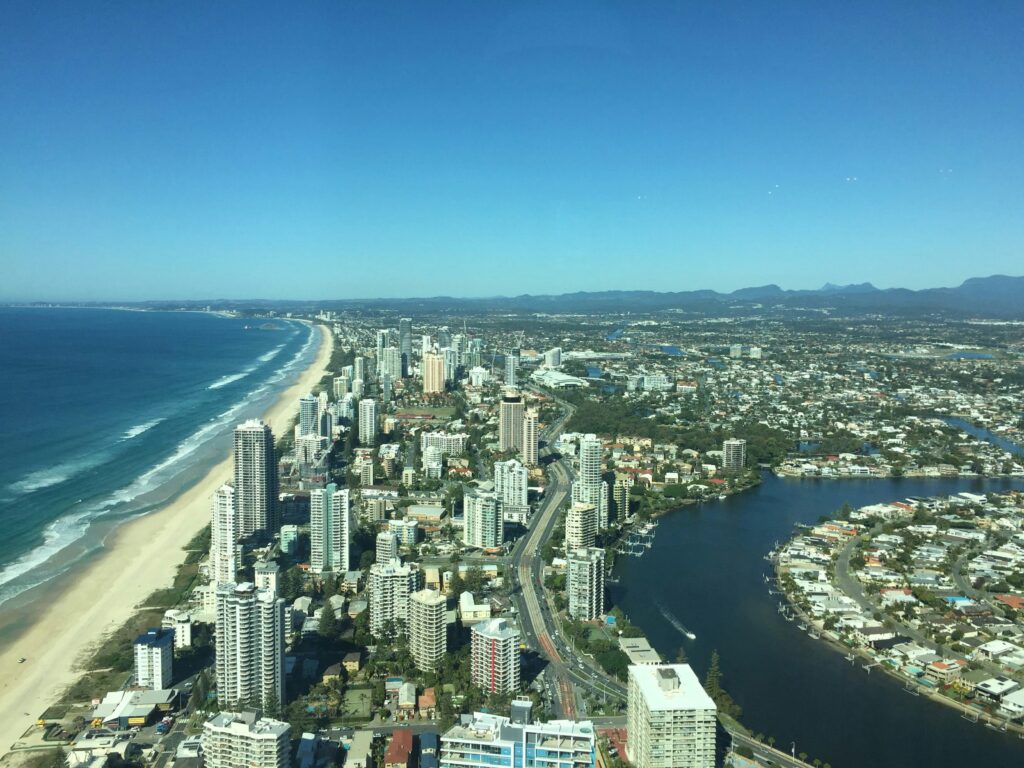One of the most common questions we hear — especially from clients planning their retirement journey — is:
“When can I access my super?”
It’s a fair question. You’ve spent your working life building that super nest egg. So, when exactly do you get to crack it open and enjoy the rewards?
The answer depends on a few things: your age, your working status, and your reason for accessing it.
Let’s break it down.
🎂 1. Your Preservation Age (And What It Means)
Your preservation age is the earliest age you can generally access your super, but only if you’ve also met a condition of release.
Here’s a quick reference:
| Date of Birth | Preservation Age |
|---|---|
| Before 1 July 1960 | 55 |
| 1 July 1960 – 30 June 1961 | 56 |
| 1 July 1961 – 30 June 1962 | 57 |
| 1 July 1962 – 30 June 1963 | 58 |
| 1 July 1963 – 30 June 1964 | 59 |
| On or after 1 July 1964 | 60 |
So if you were born after July 1964, your preservation age is 60.
✅ 2. Conditions of Release – When the Doors Open
Even if you’ve hit preservation age, you can’t access your super unless you meet a condition of release.
Here are the most common ones:
🔓 You’ve Retired (after reaching preservation age)
If you’ve stopped work and have no intention of returning full-time, your super becomes accessible. Hooray!
🔄 You’ve Reached Age 60 and Changed Jobs
If you’ve turned 60 and left a job (even if you take up another one), the super from your previous job becomes accessible.
🎉 You’re 65 (Even If You’re Still Working)
Once you hit 65, your super is fully accessible. No retirement required.
💸 You Start a Transition to Retirement (TTR) Pension
If you’ve reached preservation age but aren’t ready to retire, a TTR strategy lets you draw part of your super (as an income stream) while still working — often used to reduce tax or ease into retirement.
📉 You’re Experiencing Severe Financial Hardship or Compassionate Grounds
In limited circumstances (e.g. terminal illness, mortgage stress, funeral costs), you may be able to access super early. These are assessed case-by-case and must meet strict criteria. Find out more from the ATO here.
💼 3. What About My Super If I’m Still Working?
If you’re still working and under 65, your super remains locked away unless you’re using a TTR strategy. It’s designed this way to ensure it’s there to fund your future — not to tempt you early.
💡 Bonus Tip: Plan Before You Withdraw
Accessing your super is a big milestone, but it’s not just about eligibility — it’s about strategy:
-
Will accessing your super affect your Age Pension entitlements?
-
Should you take it as a lump sum or an income stream?
-
What are the tax implications (especially if you’re under 60)?
-
Can you afford to retire now — or would working part-time help stretch your funds?
That’s where we come in.
👋 Final Thoughts
Your super is likely one of your biggest assets — and unlocking it at the right time (and in the right way) can have a huge impact on your lifestyle, longevity of funds, and tax efficiency.
Need help figuring out when you can access your super — and whether you should?
Let’s walk through your options together, and design a retirement timeline that works for you.
📞 Contact our team for a personalised strategy session — your future self will thank you!






 November 3, 2025
November 3, 2025 




















